
But Is It Just Old Age?
Let’s just get one thing out in the open: memory blips happen to all of us. Seriously, who hasn’t walked into the kitchen and forgotten why you’re there? I’ve done it more times than I care to admit (keys, phone, the works). But there’s this little voice that sometimes wonders… when is it just normal forgetfulness, and when is it something else creeping in?
That’s why the test for dementia 30 questions has become a bit of a buzz among friends, caregivers, and anyone who’s watched a loved one age. If you’ve ever had a chat over coffee with someone and ended up swapping stories about parents and memory lapses—yeah, you’re not alone. Want to know what this test is all about and why folks are talking about it? Pull up a chair. Let’s get into it.
Spotting the Little Clues
When Should You Start Wondering?
So here’s a story: My neighbor, sweet as pie, started repeating the same story about her cat three times in an hour. At first, nobody thought much about it. “She’s always loved that cat,” we joked. But then she started confusing which day was trash day, or which grandkid was which. That’s when the family started getting nervous—not full panic, but that creeping worry.
It’s not about rushing to judgement… but sometimes there are small clues piling up. Maybe it’s forgetting names, mixing up dates, or blanking on how to get home from a familiar store. Have you ever noticed someone you care about showing these? Or maybe you’ve caught yourself in a “wait, what was I just doing?” haze. If these moments start adding up, it’s totally normal to start asking questions.
The Test: What’s Really Happening?
Why 30 Questions? Why Now?
All right, so here’s the heart of it. The “30-question test for dementia”—sometimes you’ll hear folks call it the MMSE (Mini-Mental State Examination) or the MoCA (Montreal Cognitive Assessment)—is basically a set of brain teasers made to catch those early mental hiccups. It’s like a quick check-in for your mind: can you recall a list of words? Do some quick math? Figure out today’s date and where you are? That kind of thing.
It’s actually pretty impressive how much these simple questions can reveal. Not that it’s some magic crystal ball—no test is perfect, and it isn’t meant to give you a diagnosis on its own. But it’s a first step. A friendly nudge that says, “Hey, something might be up. Let’s look a bit closer.” According to explanations from dementia experts and clinicians, most family doctors can use the test for dementia 30 questions to pick up on cognitive changes—even before you or your family might notice.
What Do These Questions Look Like?
Let’s check out some of the usual suspects straight from the MMSE and MoCA playbooks:
| Category | Sample Questions | Why It Matters |
|---|---|---|
| Orientation | What’s the date today? Where are we right now? | Checks if you’re grounded in time and place. |
| Short-Term Memory | Repeat a list of three words; recall them later. | See how your brain “sticks” to info. |
| Attention & Calculation | Count backward by sevens; spell “WORLD” backward. | Little mental hurdles to check focus. |
| Language | Name everyday objects; follow simple instructions. | Keeps your communication skills sharp. |
| Visual-Spatial | Copy a shape; connect dots. | Makes sure brain “hand-eye” teamwork is on point. |
By the way, if you’re curious to try this at home, there’s a pretty user-friendly Sample dementia test everyone can use. And no, you don’t need a medical degree—just some patience and an open mind.
How Does It Actually Feel?
Not an Exam… More Like a Conversation
Here’s a secret: the questions don’t feel like a “test” in the old school, sweaty-palms sense. They’re more like a curious friend checking in. Once, my aunt tried the MMSE with me at the kitchen table. She laughed when she flubbed the math, rolled her eyes at copying the shapes, but was super proud when she nailed the date and remembered all the words. “Well, I’ll be darned—I’m not as rusty as I thought!” she said, and honestly, it was kind of fun for both of us.
The best part? No one’s timing you (though the test itself is quick—we’re talking 10 minutes tops), and there’s no trick questions. It’s just a gentle, practical way of noticing “is my memory where it used to be?”
Trying It Over Dinner: A Real Story
My cousin and I tried the test for dementia 30 questions over dinner, half-serious, half-silly. We took turns asking each other sample items. I froze on the spelling part—she blanked on the current year (don’t judge, it’s been a weird decade). It actually kicked off a really honest talk about our worries for our granddad, and what could help keep his mind sharp. Sometimes, breaking the ice with humor and a quiz is the best way to open up.
How Does Scoring Work?
Simple Numbers—Big Meaning
Okay, let’s demystify the points thing. Picture a score out of 30. Each right answer, you get a point. Most healthy adults will score in the mid- to high 20s. But if your total slips below 24… time to look closer (but don’t panic—more on that in a sec).
Here’s what those scores often mean, based on insights from dementia specialists and what’s commonly used in clinics:
- 25–30: You’re probably doing just fine (those crossword puzzles are paying off).
- 19–24: Hmm, maybe some mild cognitive fog. Good time for a chat with your doc and, honestly, maybe less multitasking.
- Below 19: Moderate to more significant struggles—definitely loop in a professional, but don’t jump to gloomy conclusions.
We’re talking shades of gray, not black-or-white answers. A lot can affect your score: nerves, your unique education background, or just a bad night’s sleep.
If you want to experiment, try out a Sample dementia test and see how you score—and remember, it’s not the diagnosis, just a guide.
MMSE vs. MoCA: Why the Fuss?
So you might hear people toss around “MoCA” and “MMSE” like they’re rival sodas. The truth? Both are solid, but with a twist. The MoCA test pops in more challenging tasks—especially for folks with a little more education, or who just need a sharper screen for the “is this normal aging or not?” question. According to research on MoCA vs MMSE, the MoCA’s better at picking up mild cognitive blips—like catching a slow leak before it becomes a flood.
But don’t stress about picking the “right” one at home. The principles are similar; both cover memory, focus, and brain flexibility. If you really want to split hairs, MoCA throws in more executive functions like drawing or connecting numbers in sequence, while MMSE leans a little more classic and language-focused. Either way, they’re friendly to use with grandma (or yourself on a rainy Sunday).
| Test | Best For | Bonus Features |
|---|---|---|
| MMSE | Quick overall check, moderate/severe memory changes | Short, well-known, super common for basic screening |
| MoCA | Early, subtle changes; more sensitive | Tougher puzzles, more for high-functioning or educated folks |
What Can Trip Up Results?
It’s Not Foolproof—But Still Helpful
Let’s be honest here. Even a test with 30 clever questions isn’t perfect. My friend Lena’s mom scored low once because she was jet lagged and had a sinus infection. It freaked everyone out—but a week later, she was her snappy self again. Turns out, tests like the MMSE or MoCA can be thrown off by a bunch of things: medication, low mood, education, having English as a second language, or, yep… being really tired.
That’s why you never want to use the test for dementia 30 questions as a judge, jury, and executioner. It’s a clue, not a life sentence. Use it as a starting point for a bigger conversation. If the score surprises you or worries you, take a breath—talk to a doc who knows dementia well.
Hidden Roadblocks: Depression, Medication, and More
Did you know feeling down or being anxious can slow your score? Or that a brand-new prescription might have your brain feeling mushy? I’ve seen people knock 5–10 points off their usual game just from stress or a sleepless night. Don’t jump to panic if a score dips—look at the whole picture, and always talk to someone qualified.
So… What If You’re Worried?
Your Next Best Steps
If you or someone you love is getting low-ish scores and you’re itching to “fix it,” pause for a second. Start small. Try the test for dementia 30 questions or this Sample dementia test at home to explore (it’s like a check-engine light), but don’t race to Google every wild symptom. Instead, write down what you’re noticing. Is it new? Is it getting worse? Are there actually patterns?
Then—with compassion, not fear—consider bringing it to a doctor’s visit. The earlier you tune in, the more you can do to keep minds active, plan ahead, and create happy, supported routines (and dodge unnecessary panic, too).
Facing It Together: A Family Story
A client of mine told me how her family gamified the MMSE with their grandpa. They even made silly prizes for remembering the words list—turns out, fun and laughter can make these scary topics much more approachable. It brought his grandkids closer to him, and took a lot of the fear out of “what’s next.”
Final Thoughts—You Got This
Look, worrying about dementia isn’t easy…but neither is ignoring it. The beauty of the test for dementia 30 questions? It opens a door. It takes you from “maybe it’s nothing, maybe it’s not” into the realm of “let’s take care of ourselves, with eyes wide open.”
So, what did we cover? The MMSE and MoCA tests are two reliable ways to check where your or your loved one’s memory and thinking skills land, using simple, practical questions—no medical jargon, no pressure. They can help spot early warning signs, give peace of mind, or just start a chat with your doctor if something’s up. But remember: they’re not oracles. Don’t let scores define your day. Let them spark action, connection, and (hopefully) some relief.
Try a test for dementia 30 questions or share a Sample dementia test with a friend or family member if you think it’ll help. And don’t forget—taking care of our minds is a lifelong adventure, best done together, with a little humility and plenty of grace. Ready to take that next step? I’m cheering you on, all the way.

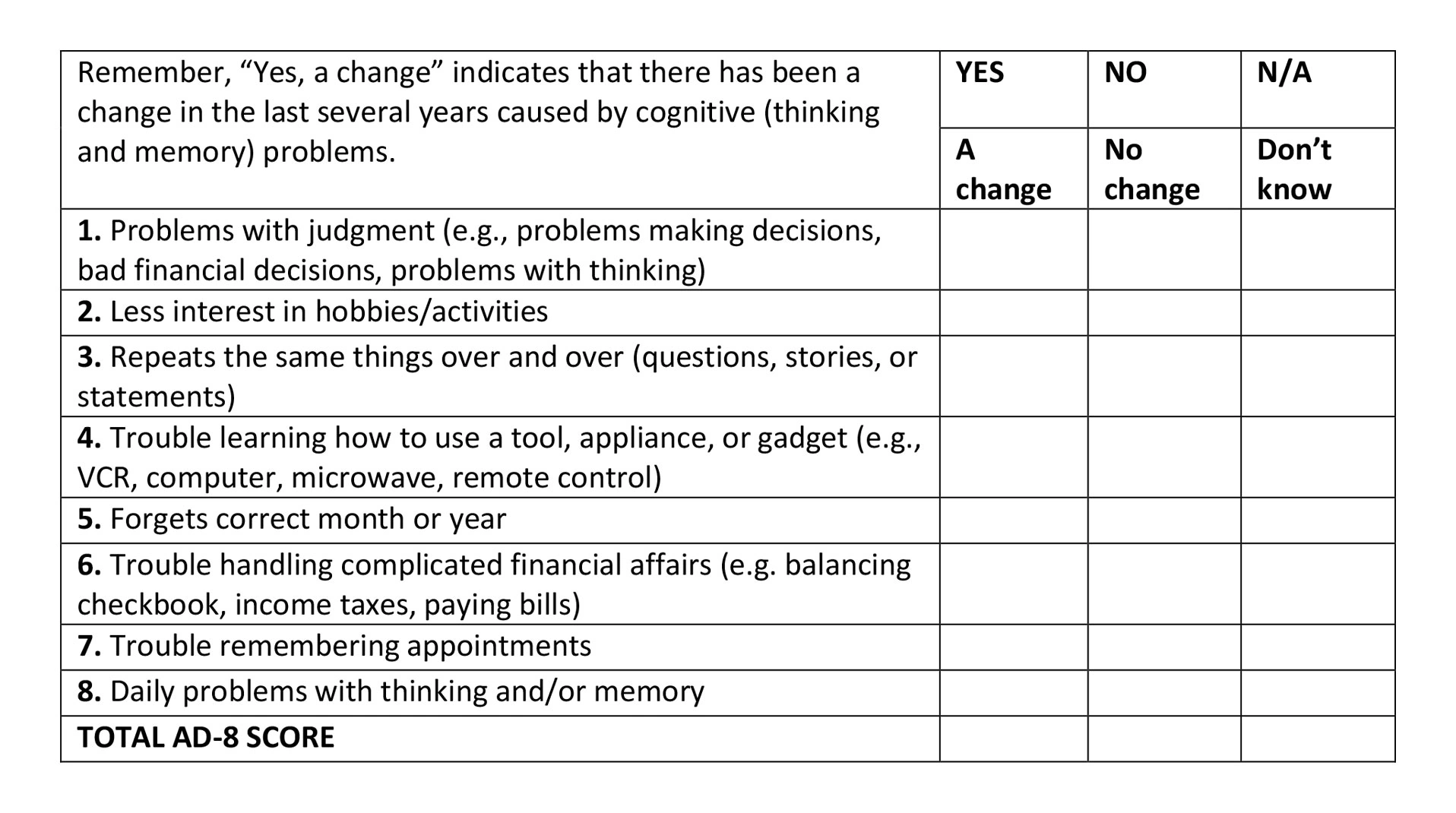
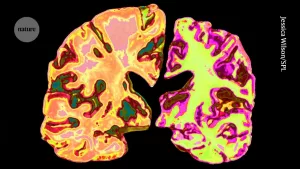
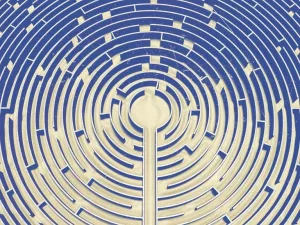

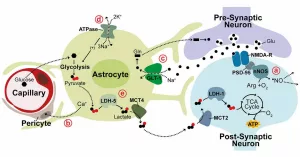



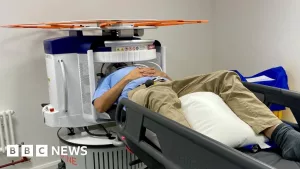







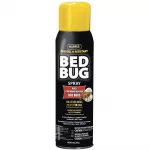



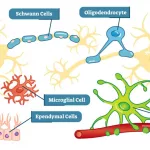



Leave a Reply
You must be logged in to post a comment.